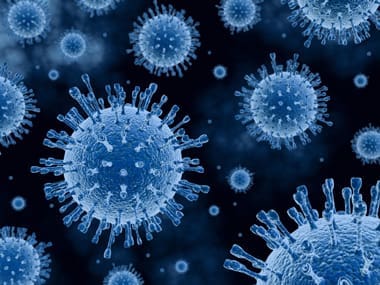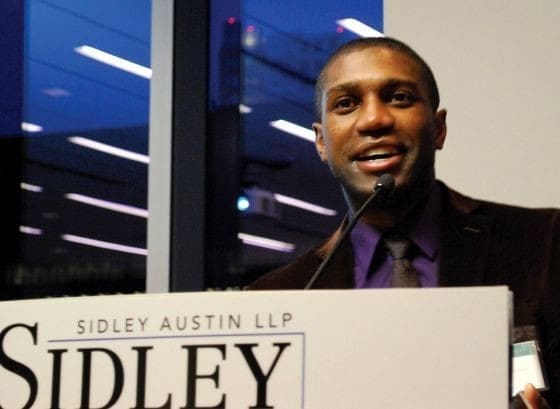“In my own personal family, from the time that the HIV epidemic began, I lost family members,” said Donald. “I lost a first cousin who was a young gay man, I lost a first cousin who was an injection drug user, and I lost her child, who contracted HIV in childbirth. All those things happen and continue to happen, and yet general society thinks that we are in a post AIDS era, and we are not.”
Donald uses his lived experiences to advocate for the LGBTQ+ and HIV positive community, especially those who are not as privileged to be living in a safe haven like Chicago. Through his work with Pride Action Tank’s OutAging group and the Illinois Commission on LGBTQ+ Aging, Donald surveys the LGBTQ+ population across Illinois to find out where the community is, how well people are being served, and what their experiences have been like as an LGBTQ+ aging individual in receiving the services they need.
“We want to make people aware that they do not have to live alone; they can network, they can become a part of community, and they can, if they so desire, live their authentic sexual orientation and gender identity without having to live it in the closet,” said Donald.
Intergenerational collaboration is essential to not only Donald’s work but also his life. “When I was a young man, there was no images of what a gay man of 70, 80, 90 looked like,” said Donald. “We didn’t have a full lifetime perspective, and so now we can offer that to our youth.”
There’s no need to reinvent the wheel and re-achieve the things that our community already fought to achieve. Intergenerational relationships also allow the aging population to continually participate in society as it is today. “More than that, it gives us a sense of legacy as we pass on our experiences to youth, and that is an intrinsic need that human beings have,” said Donald.
One of the things Donald hopes to pass down to the youth today is the same sense of urgency and importance of the HIV/AIDS epidemic that it had back then. We need to center HIV/AIDS as an issue for the young LGBTQ+ community. In Illinois, we know that just under half of newly diagnosed people living with HIV are young people ages 13-29, and most of those people are Black. Additionally, young people 13-19 have the lowest rate of viral suppression of all age groups followed by people 20-29 (GTZ Illinois).
The Mpox outbreak in Chicago Summer 2022 brought up a lot of memories and feelings for Donald from the height of the HIV/AIDS epidemic. “I went to get my Mpox shot at a clinic where I once worked,” said Donald. “And sitting there waiting, I dissolved into tears because so much stuff just came back. Sitting there in a tent waiting my turn for my Mpox shot, with younger gay men, I was like ‘oh my god.’ The tent filled with ghosts.”
Donald notes that we lost an entire generation of people who should be here with us now. “There are things again, that even if one is not HIV positive, change your life,” said Donald. “I’ve had to deliver test results that were positive at a time when HIV was a death sentence, and it was not a chronic disease as it is now.”
While we are working on ending the HIV epidemic, it is true that the number of new HIV diagnoses remain high among young people aged 25-29; transgender women are experiencing high levels of HIV and barriers to care, and a growing area of HIV transmission is through heterosexual contact. Across the board, HIV disproportionately affects the Black and Latinx populations (HIV Surveillance Report, CDC, 2021).
There’s still work to be done to dispel the predominant narrative that HIV/AIDS is a gay White man’s disease. Donald emphasizes that we cannot whitewash it because in doing so, we fail to recognize the continued disproportionate impact it has on the communities of color. “HIV/AIDS is more a disease of color than of sexual orientation, but it does not matter because we need to be breaking down those silos anyways and say, ‘hey it’s a human condition, and we are all susceptible to it and we need to be aware of it,’” said Donald.
More conversations need to be had, especially cross-generational ones. “I don’t consider myself the voice of any community, whether it’s the Black community, LGBTQ+ community or aging community,” said Donald. “I am just a voice and there are many voices and each of these voices should have a space where it is recognized and honored and invited to participate.”



